
World Lymphoma Day highlights the rising prevalence of lymphoma and innovative treatments, emphasizing the role of pharmacists in patient care.

World Lymphoma Day highlights the rising prevalence of lymphoma and innovative treatments, emphasizing the role of pharmacists in patient care.

Research reveals that this population may experience lower short-term mortality rates after major surgery, challenging traditional BMI guidelines.

Use of educational resources at a gastrointestinal office improved pneumococcal vaccine uptake in patients with celiac disease.

Crystal Hodge, PharmD, BCIDP, BCPS, discusses a 3-pronged approach—isolating, vaccinating, and educating—to help pharmacists manage respiratory virus season and routine immunizations like MMR.

When combined with an anti–PD-L1 therapy, tarlatamab significantly improves overall survival in patients with extensive-stage small cell lung cancer (ES-SCLC).

Abdulwhab Shremo Msdi, PharmD, BCIDP, advances research in infectious diseases and microbiome-related conditions.

Explore insights into ongoing tensions in the pharmacy industry and their potential impact on competition.
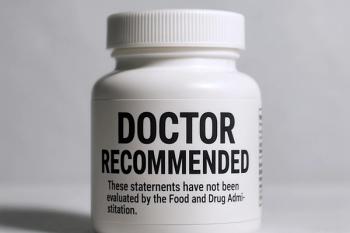
New FDA regulations are intended to enhance transparency in prescription drug advertising, empowering pharmacists to educate patients on medication risks and benefits.

Research reveals semaglutide's potential to reduce cocaine-seeking behavior in rats, suggesting a promising avenue for treating cocaine dependency in humans.

In STRIDE-13, the pneumococcal 21-valent conjugate vaccine (PCV21) induced robust immunogenicity in young, high-risk individuals against invasive pneumococcal disease.

Pharmacists enhance patient safety by addressing common medication errors, ensuring proper drug use, and improving therapeutic outcomes in clinical practice.

A fatal pediatric measles case in Los Angeles highlights the urgent need for MMR vaccination to protect vulnerable children from severe complications.

Recaticimab significantly lowered low-density lipoprotein cholesterol (LDL-C) levels, showing promise in becoming a future proprotein convertase subtilisin/kexin type 9 (PCSK9) option for cholesterol reduction.

Investigators from the phase 3 COAST 1 trial demonstrated the efficacy and safety of amlitelimab in patients with moderate-to-severe atopic dermatitis.

Experts gathered to discuss the critical need for real-time learning, multidisciplinary collaboration, and comprehensive patient and family support to address unforeseen complications in gene therapy.
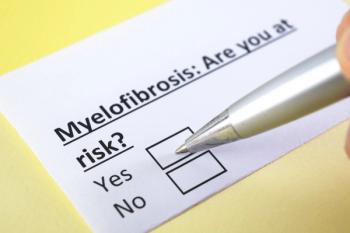
Pharmacists play a crucial role in managing myelofibrosis, enhancing patient education, adherence, and financial navigation for optimal care.

A panel of 4 experts discussed the most favored nation (MFN) initiative and its impacts on research and development, market and payer distributions, and pharmacists and patients.

The rationale for vaccine-related policy changes is lacking.
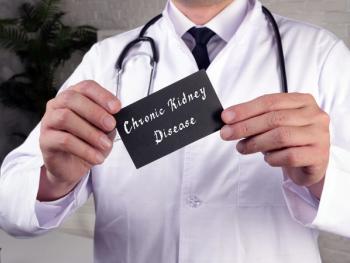
The findings were presented at the 2025 American Heart Association Hypertension Scientific Sessions and published in the Journal of the American Society of Nephrology.

Explore the evolving role of pharmacists in community care, enhancing patient relationships and adapting to new challenges in pharmacy practice.

Speakers at an ASTCT Gene Therapy Summit highlighted novel conditioning approaches without the use of busulfan, which can cause toxic effects in patients with hematologic malignancies.

Researchers uncover a brain circuit linking stress to increased blood glucose, revealing insights into stress's role in type 2 diabetes (T2D) development.

Experts at the ASTCT Gene Therapy Summit discussed the multifaceted nature of the gene therapy process for patients with sickle cell disease.

GLSI-100 shows promise in preventing HER2-positive breast cancer recurrence after standard therapy.
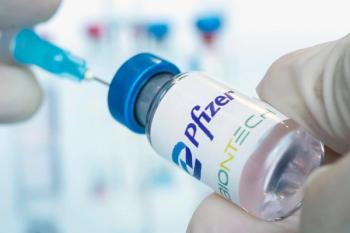
According to phase 3 trial results, Pfizer-BioNTech’s LP.8.1-adapted COVID-19 vaccine demonstrated significant immune responses in older adults and individuals at high risk for severe COVID-19.

Patients with inflammatory bowel disease (IBD) who switched to the biosimilar reported adverse events, but these are believed to stem from health anxiety.

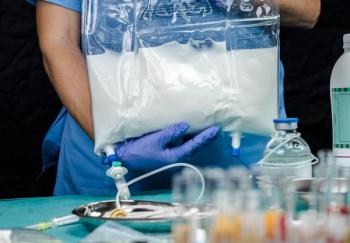
A pharmacist-led initiative enhanced parenteral nutrition practices, improving patient outcomes and workflow efficiency while reducing errors and costs.

Explore recent FDA-approved drugs from August 2025.

Aronia fruit extract shows potential in improving cardiovascular health for older patients with metabolic syndrome, but further research is needed for conclusive evidence.